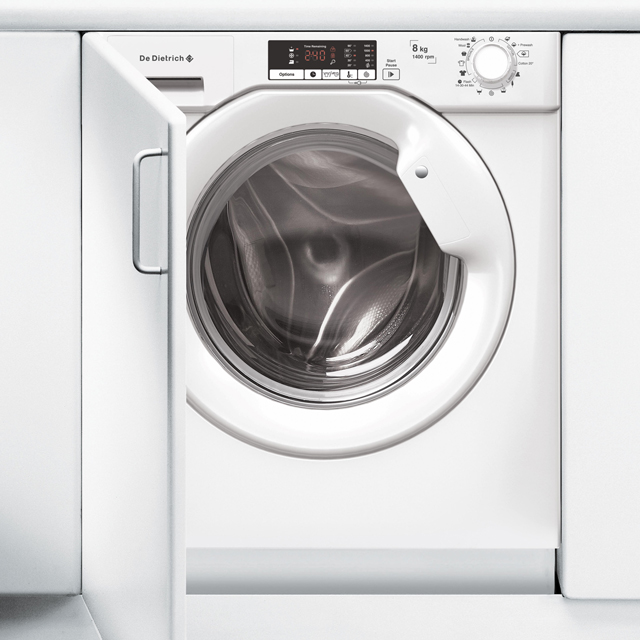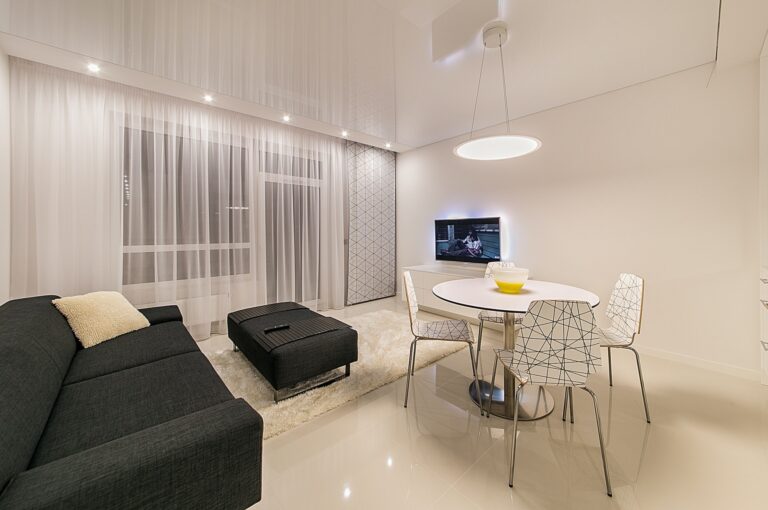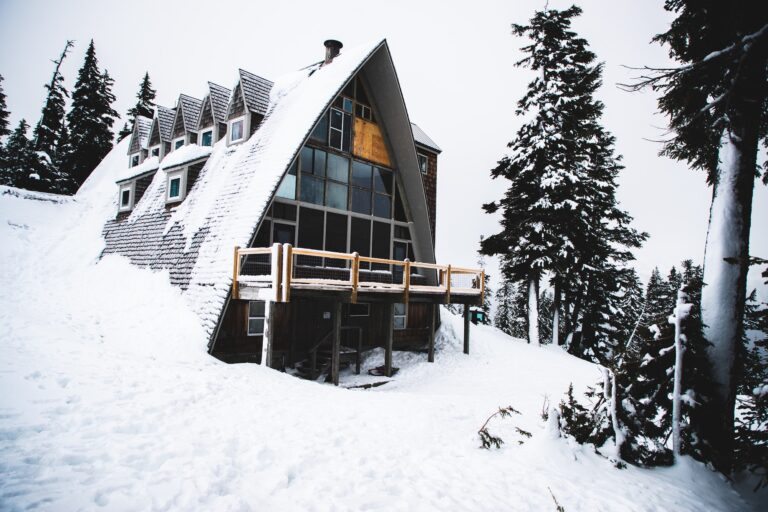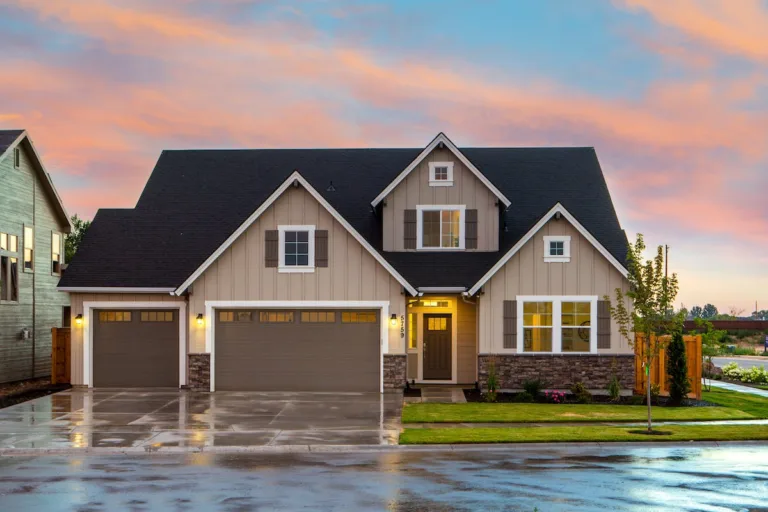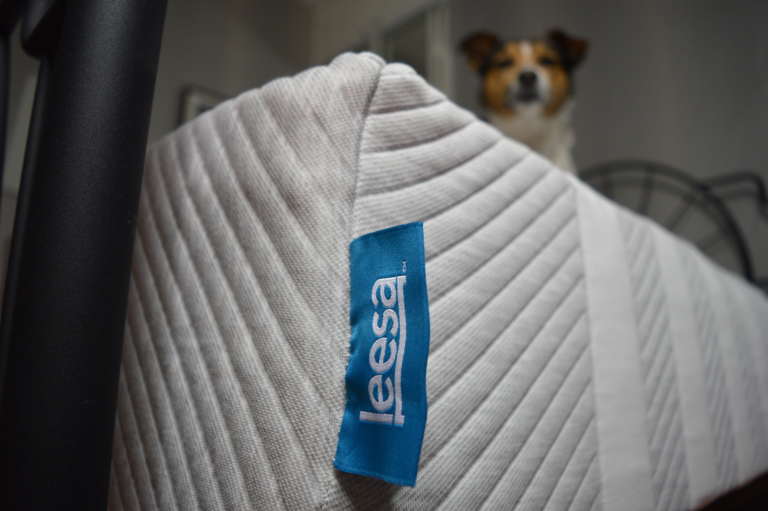3 Important Facts That You Need To Know About Utilities
Most of us don’t give a moment’s thought to our utilities, often forgetting it until the monthly bill comes. Sometimes we even ignore it after it comes. But you can’t escape your utility bills and services will be cut off if they aren’t paid in time. Your electric, water, gas, and trash will all have their bills.
While we all wish they were just part of our rent, very few of us are that lucky. Here are some facts about utilities that you can’t ignore, and maybe didn’t know about to help you manage and save on your bills as much as you can.
3 Important Facts That You Need To Know About Utilities
They Aren’t Part Of Your Rent
If only one could pay rent and have the bills end there. Sadly, in the world we live in, you need to pay rent and also pay for your utilities. Some landlords may have utilities built into the rent, but those are very rare. They will likely have that set up if their building’s infrastructure is old and set up in a manner to allow them to have the utility companies bill you directly. It could be the case that your landlord covers some utilities and not others.
Such instances will be laid out in your lease agreement. Because water meters are relatively expensive, some apartment complexes may have water included in their rent. Sometimes you need special arrangements for your trash pick up, like when you throw away an old mattress, and such situations will likely cost a little extra on top of your monthly bill. That cost won’t be permanent though – thank the heavens!
Utility Prices Vary
Most of your utility bills will not be the same month to month. Electric, water, and gas bills will all depend on your monthly usage. Some utilities, like trash, should remain the same from month to month. There may be variation in prices from one area to another depending on each municipality’s pricing system.
Some situations, like industrial projects, may have rebate programs or certain cuts that can reduce the price per kilowatt-hour (kWh.) Some industries, like agriculture, may also have special rates for their utilities. In general, your electric bill will likely be higher during the summer than in the winter because of air conditioning. If you have a gas heater, your gas bill will surely be greater during the winter months.
The average home uses about 10-15 kWh of electricity per month, so simply multiply that by your rate to find a range for your home’s total cost. The folks at Electricity Monster state that you need to make sure you are getting the best bang for your buck when it comes to electricity.
Water bills may fluctuate also, especially if you water a lawn – given the variation in water pattern with the weather. If you manage your finances on a budget, it is best to have an average cost in mind and let it go over and under within your account. If you want to be sure to have sufficient money saved every month regardless, budget the peak season’s value — as in the summertime bill for electricity and wintertime bill for gas.
You Need To Set Them Up
Because utilities are the responsibility of the tenant, they are usually cut off before you move in. This is to ensure that no utility bills are charged to previous tenants. You need to set them up and have them be registered in your name. Setting them up is fairly easy and often requires nothing more than a phone call to the company.
They will want your full name, address, phone number, email, payment information, and maybe even your Tax File Number (TFN). Be sure to have this information ready before calling. Be sure to call each utility vendor separately as there is no central network to share the information.

Paying your utility bills on time is important and can help avoid anything negative in your credit report. If you often forget to pay them on time, like most people, you can set up reminders on your phone. You can also set up an automatic payment with your vendor, where they charge your account every month.
Check if your city has any rebate options or tax credits for your home or business and make sure you are paying as little towards your utilities as legally possible. Be sure to shop for the best rates you can and check if your landlord covers any of the utilities. Be sure to budget accordingly and make sure you don’t fall behind on payments.



